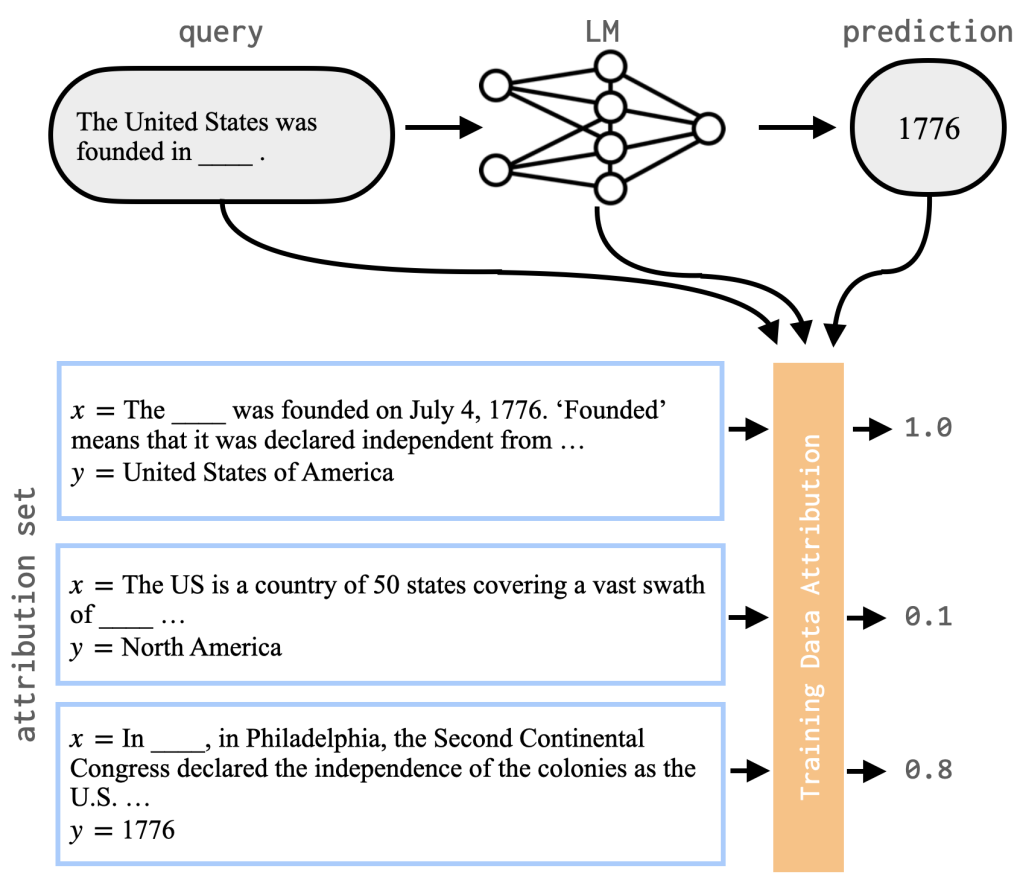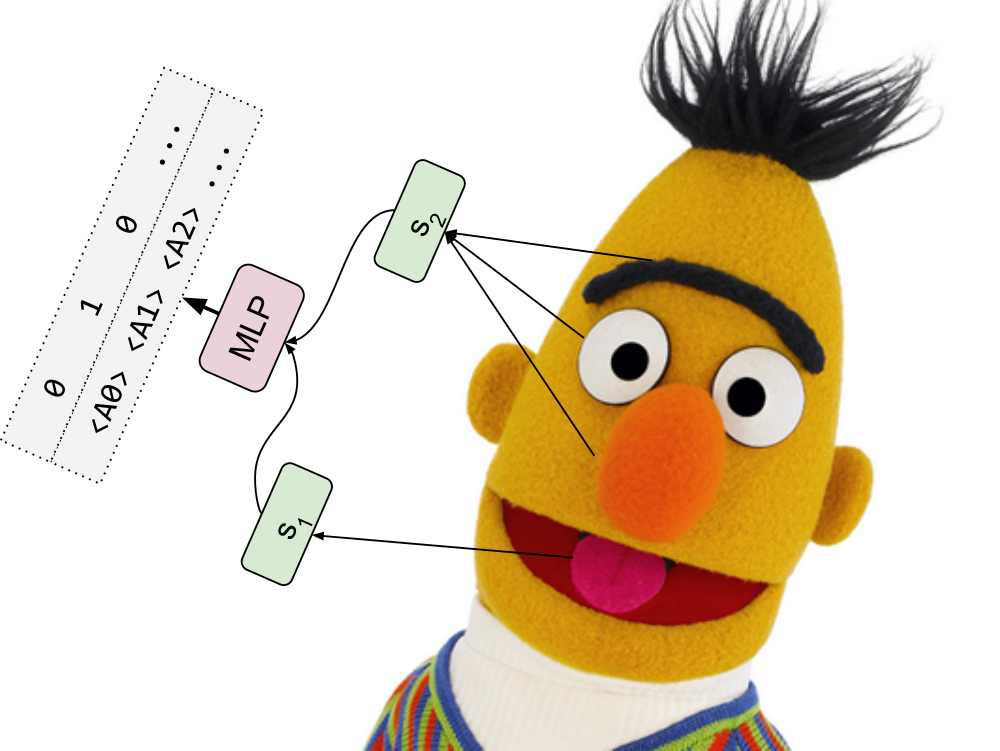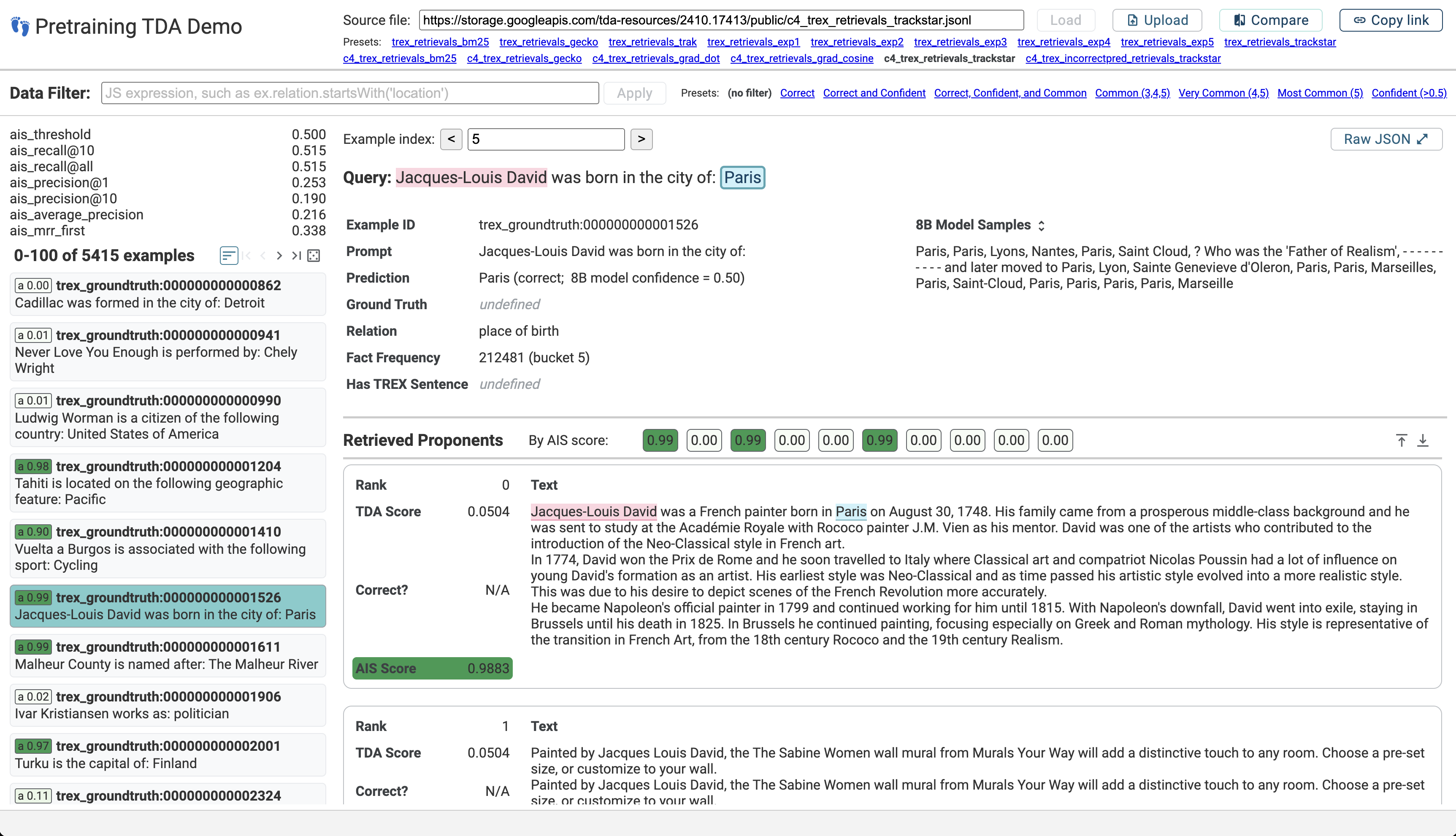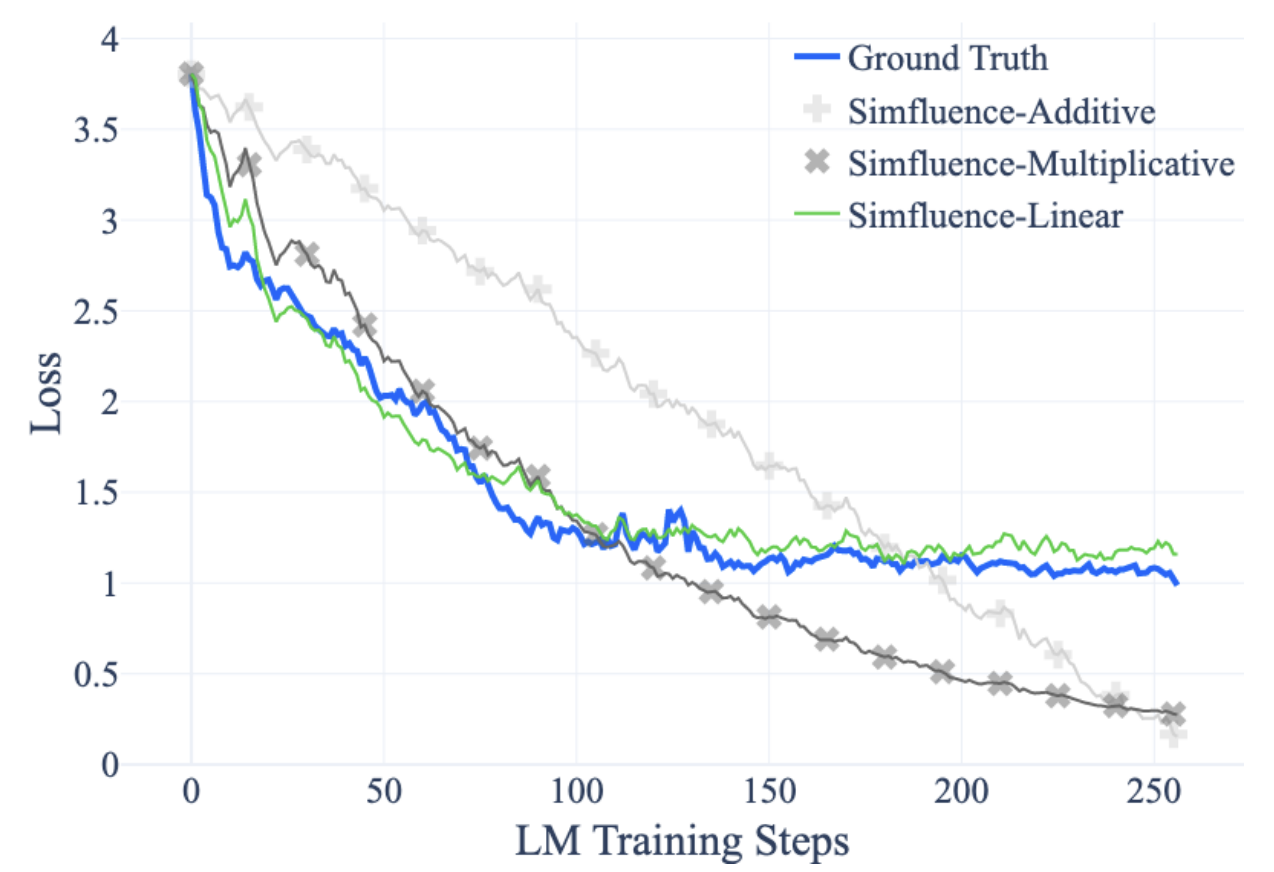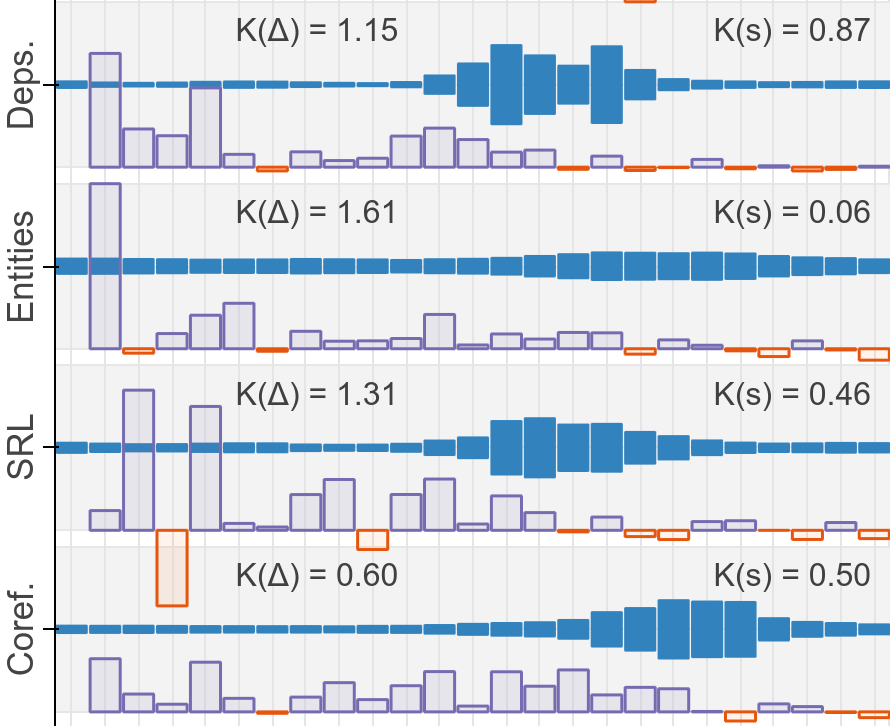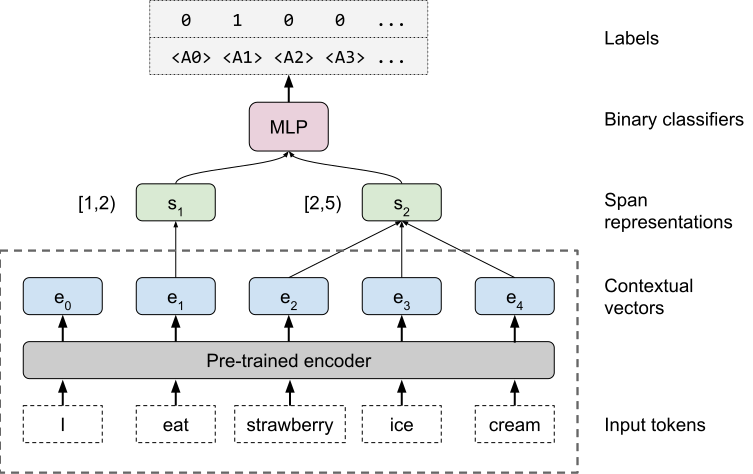Ian Tenney

I am a Staff Research Scientist on the People + AI Research (PAIR) team at Google DeepMind. My group focuses on interpretability for large langauge models (LLMs), including visualization tools, attribution methods, and intrinsic analysis (a.k.a. BERTology) of model representations. Through these, we aim to answer questions like:
- Why did a model make this particular prediction?
- What kind of knowledge is stored in the parameters, and how is it represented and reasoned about?
- How can we build our own mental models of how - and when - AI works?
Among other things, I am a co-creator of the Learning Interpretability Tool ( LIT) and author of BERT Rediscovers the Classical NLP Pipeline.
LIT) and author of BERT Rediscovers the Classical NLP Pipeline.
Previously, I’ve taught an NLP course at UC Berkeley School of Information. In a past life I was a physicist, studying ultrafast molecular and optical physics in the lab of Philip H. Bucksbaum at Stanford / SLAC.
When I’m not behind a computer I enjoy hiking and photography; you can find some of it here.
Contact: "if" + lastname + "@gmail.com" (or @google.com)
news
| Jul 19, 2025 | I’m helping to organize the first Workshop on Actionable Interpretability at ICML 2025, aiming to foster discussions on how we can better apply findings and methods from interpretability research to the practical enterprise of LLMs. |
|---|---|
| Jan 22, 2025 | Pleased to share that our recent TDA work was accepted to ICLR 2025! Check out the preprint here: Scalable Influence and Fact Tracing for Large Language Model Pretraining (Chang et al. 2025) |
| Dec 13, 2024 | New blog post & preprint on Scaling Training Data Attribution to understand what data an LLM learned from during open-domain pretraining. We’ve also released the dataset along with a web-based demo to explore influential examples for a variety of queries. |
projects
selected publications
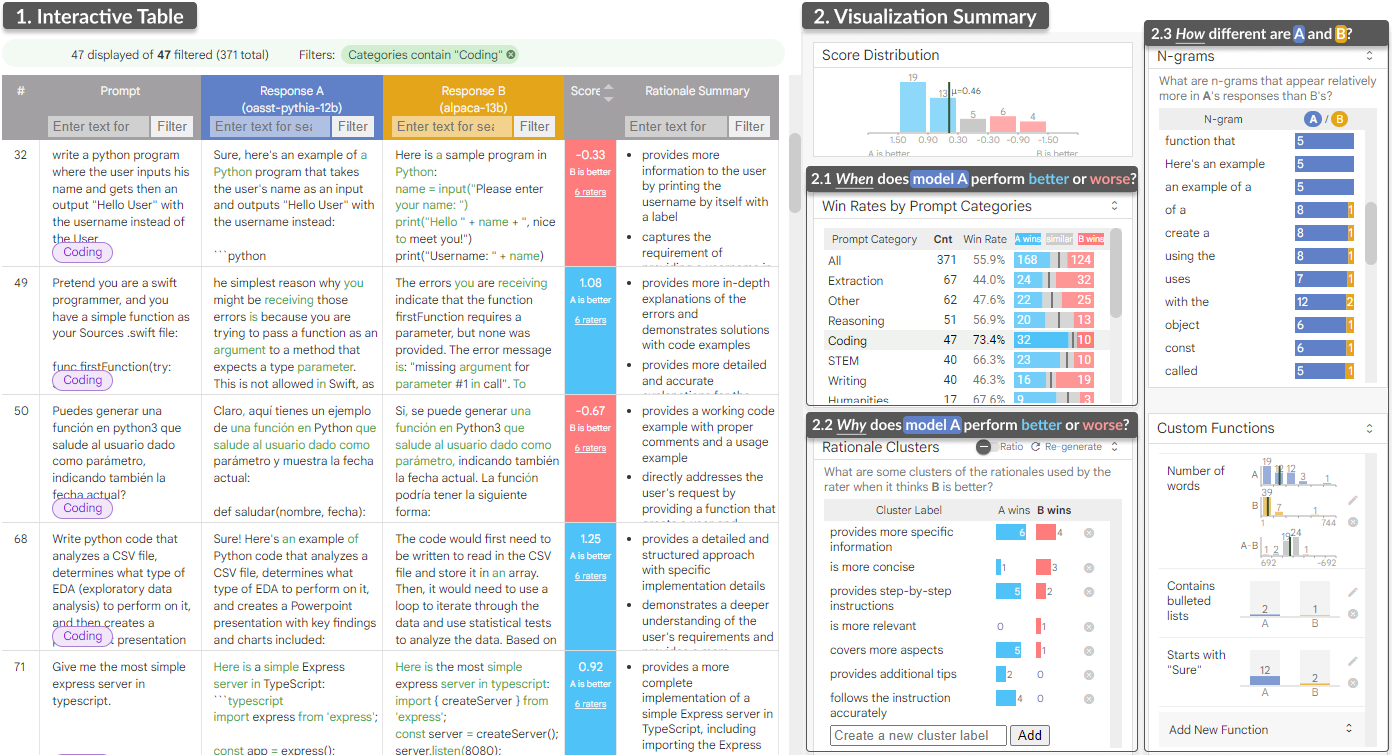 LLM Comparator: Visual Analytics for Side-by-Side Evaluation of Large Language ModelsIEEE Transactions on Visualization and Computer Graphics, 2024
LLM Comparator: Visual Analytics for Side-by-Side Evaluation of Large Language ModelsIEEE Transactions on Visualization and Computer Graphics, 2024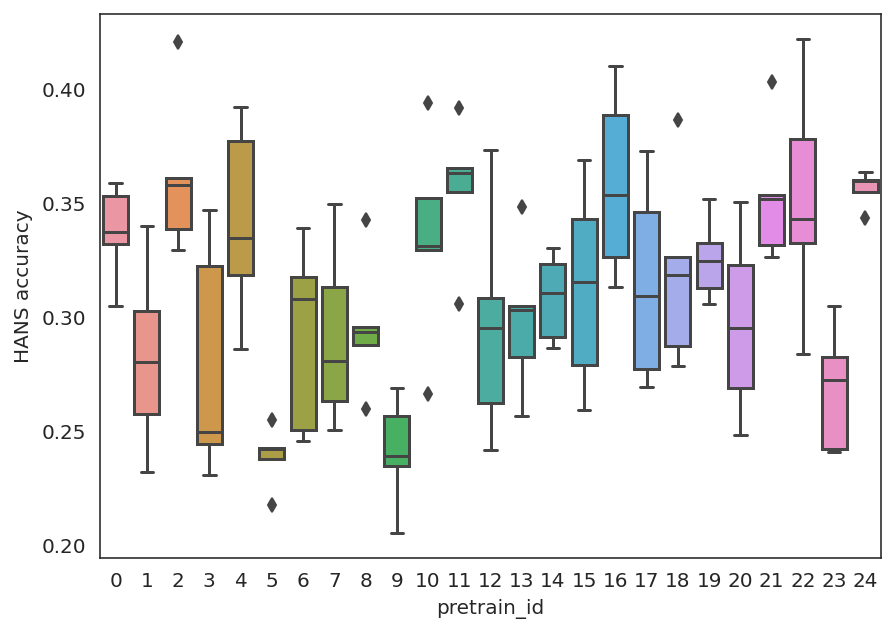 The MultiBERTs: BERT Reproductions for Robustness AnalysisICLR (spotlight), 2022
The MultiBERTs: BERT Reproductions for Robustness AnalysisICLR (spotlight), 2022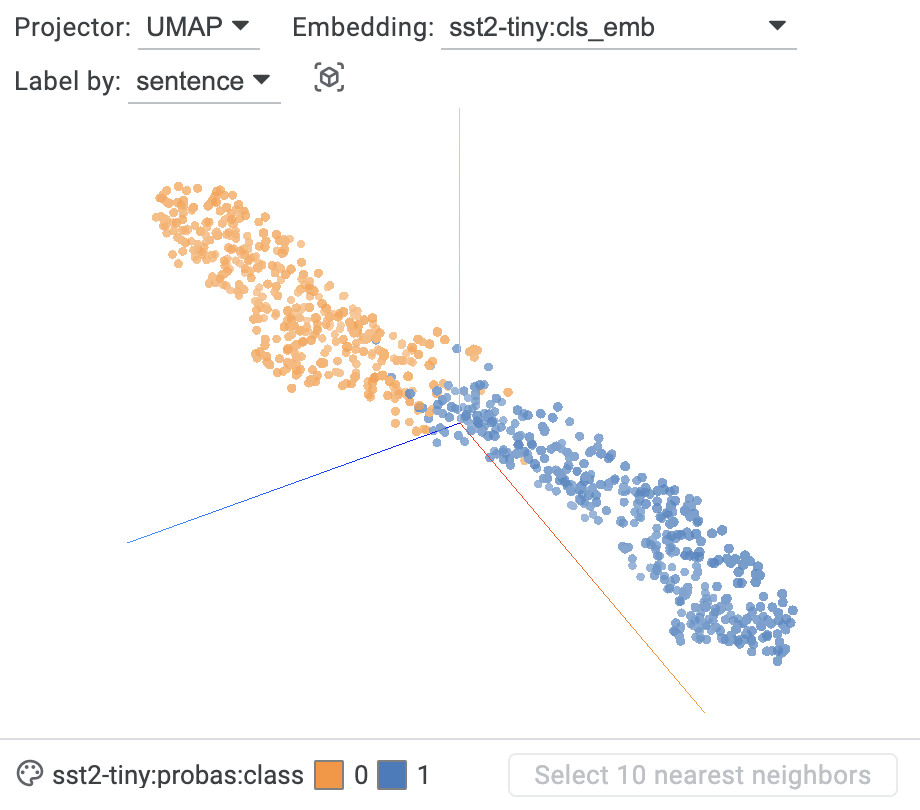 The Language Interpretability Tool: Extensible, Interactive Visualizations and Analysis for NLP ModelsIn Proceedings of the 2020 Conference on Empirical Methods in Natural Language Processing: System Demonstrations, 2020
The Language Interpretability Tool: Extensible, Interactive Visualizations and Analysis for NLP ModelsIn Proceedings of the 2020 Conference on Empirical Methods in Natural Language Processing: System Demonstrations, 2020
